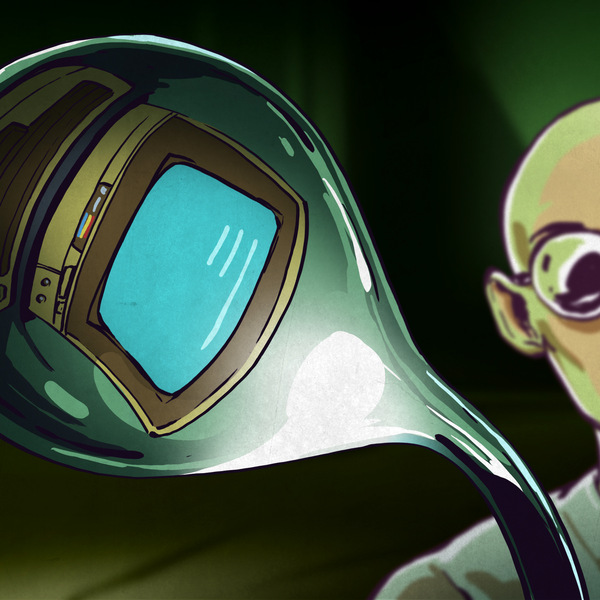A telescope isn’t an unusual thing to own if you are technically inclined. You might have even made one, at some point. However, despite improvements in optical technology and computer aiming devices, your four to twenty-inch instrument is never going to show you images like you see from big giant telescopes. The problem is, going really big requires a lot of investment in time, money, and sometimes even real estate. The big scopes get buildings constructed for them, and in exotic locations; why would you build a 24-inch scope only to try to see through the light pollution in your backyard?
Here’s an idea: take an astronomy class at a college and use their big telescope. Well, who has the time and money for that? Actually, you do. Skynet is a global network of telescopes headquartered at the University of North Carolina. As part of their mandate, they offer several tuition-free astronomy classes over the Internet. The best part? You also get free time on Skynet’s telescopes to complete your class assignments. There is a small fee (between $45 and $65) to a “benefit corporation” to administer assignments. You do get a certificate upon graduation. If you don’t want to do the assignments and you don’t want a certificate, you can still “take” the classes by simply watching them on YouTube. You can see one of the classes in the video below.
Skynet has access to telescopes world-wide, including several 16-inch and 17-inch instruments in Chile and Australia. They also have 100% access to a 24-inch scope in North Carolina. There’s also a 20 meter radio telescope and they are building 32-inch and 24-inch scopes in Chile.
The picture above (taken from this site) shows NGC 3521 through one of Skynet’s telescopes (although it was built from 19 hours worth of data). Not bad for an object 20 to 40 million light years away. The Hubble also provides an excellent view, and either image is a lot better than what Herschel saw when he discovered it in 1784.
If you still want to have your own telescope, you can always control it via USB. Maybe you can find a new planet.
















I really think they should have picked another name than Skynet.
Well in Skynets defense how else is a AI bent on wiping out humanity supposed to garner good PR without coming to the attention of intelligence agencies?
Well they want the scopes to track the space junk, so any “dumb” satellites or those that would support humans can be steered into the path of something big and momentumy….
Mmmmmyeah…A huge part of the appeal for me is the actual handling of the telescope. I want to be in complete control, I want to be next to it, see it move to my commands and feel like I actually did something. If I just want the photos, I can just google them. Only whan I control every little part of the process, I’m happy with the images I make. When I point a galaxy, wait for my camera to finish an image and progressively see more and more details like other unexpected litlle galaxies on the background, all that in almost real time, with me just next to the scope and maybe sometimes other people curious about what I’m doing. That’s just priceless. But, that comes with less appealling things like … the cost, the cold, the lack of sleep, the huge mess of cables and accessories, the long list of boring things you have to do to prepare the scope, the hours of preparations ruined by unexpected clouds or strong winds. No pain, no gain.
I hear you buddy. Having internet access to fantastic equipment like this is a great deal, but the work to get the image is part of the workflow. Though at large observatories, you’re a few floors below in a control room and aren’t doing much knob twiddling there either. The biggest thing is that is makes me feel guilty for thinking about spending any more money on new equipment when the cost for renting time on the shared scopes would last years vice buying a new camera.
I believe what you are referring to is direct observational astronomy. You want as few stops between the light and the eye. This makes us feel like we are actually seeing the photons, like we are staring straight into it. Unfortunately, large telescopes aren’t directly observable. They use CCD cameras on the output of the optical path, and this is networked to a warm and cozy control room where astronomers sit around, sip on coffee, and watch infomercials on TV while waiting for a capture to finish. They are close to the telescope, relatively speaking when referring to SkyNet, but they aren’t experiencing it like we do.
this is pretty awesome, I just wish there was a radio astronomy equivalent using rtl-sdr… maybe I’m dreaming.
Nice find, thanks! I will see if the kids are interested in the courses, and may use the purchase of a decent telescope, if they get the mastery certificate, as an incentive. We are only about 1 hours drive from areas that have very low light pollution too.